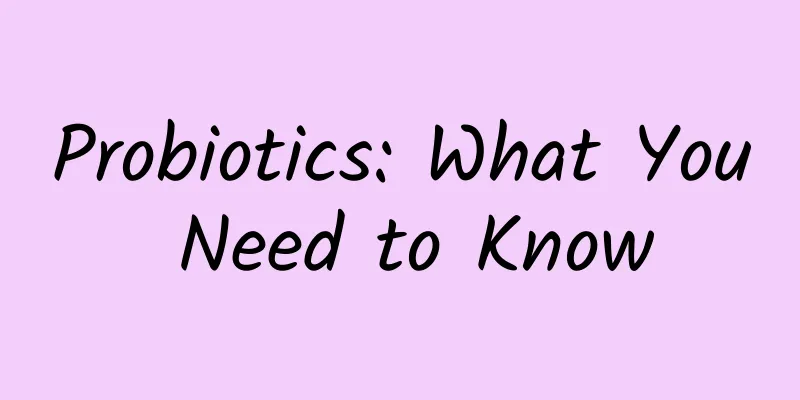The consequences of removing the uterus and ovaries are very serious.

|
The uterus and ovaries are very important to women's health, and the uterus and ovaries are prone to various diseases. If the disease develops seriously, they may need to be directly removed. However, removing the uterus and ovaries will cause many harms, such as decreased sexual function, early menopause, mental abnormalities, etc. 1. Ovarian dysfunction Before menopause, the endocrine system of the uterus and ovaries maintains a delicate dynamic balance. After the uterus is removed, this delicate balance is bound to be disrupted, leading to the degeneration of ovarian function and more obvious menopausal symptoms. 2. Decreased sexual function Estrogen is an important regulatory hormone in female sexual function and is mainly secreted by the ovaries. After a hysterectomy, ovarian function and blood circulation will definitely be affected, causing many women who have undergone a hysterectomy to experience varying degrees of sexual dysfunction, such as difficulty with orgasm, decreased libido, decreased sensation in the reproductive organs, and decreased sexual responsiveness. 3. Early menopause Hysterectomy not only destroys the dynamic endocrine balance between the uterus and ovaries before menopause, but also can cause ovarian function decline. Since a considerable part of the blood supply to the ovaries comes from the ascending branches of the uterine arteries, although hysterectomy in premenopausal women is intended to preserve ovarian tissue as much as possible, the ligation of adjacent blood vessels will still affect the blood supply to the ovaries, reduce ovarian function, and cause a sudden drop in serum estrogen levels. There is a lack of a gradual adaptation process, which can lead to a significant advance in menopausal symptoms. 4. Urinary system affected After the hysterectomy, women's estrogen levels will decrease, causing the elastic tissue around the urethra to become thinner, resistance to decrease, and urethral mucosa to shrink, thus causing urinary tract irritation symptoms such as urinary pain, frequent urination, and urgency. 5. Depression After the hysterectomy, the decrease in estrogen levels will interfere with the secretion and metabolism of central neurotransmitters, causing women to experience varying degrees of depressive symptoms such as insomnia, low mood, and irritability. It will also reduce interest in external things, cause symptoms of insomnia and dreaminess, and greatly reduce the quality of life. |
<<: What should I do if I have abdominal pain and light menstrual flow?
>>: What are the symptoms of chronic pelvic inflammatory disease?
Recommend
What are the five poisons of the Dragon Boat Festival? Why do we “drive away the five poisons” during the Dragon Boat Festival?
The Dragon Boat Festival generally refers to the ...
Will cervical fibroids disappear on their own?
Uterine fibroids are a troublesome thing for fema...
How to supplement vitamin D? Check it out now
Vitamin D plays a great role in human growth and ...
Snoring keeps others awake
Snoring keeps others awake If you have a musician...
The origin of the dreaded HIV virus turns out to be like this!
Cherish life and stay away from AIDS!...
The harm of having sex at the end of menstruation
The harm of having sex during menstruation is ver...
This is not milk tea, it is an e-cigarette. It looks good but it can cause harm.
China Science and Technology News Network, Januar...
Pelvic pain after pregnancy
Pelvic pain after pregnancy is generally a normal...
What's going on? My period is eight days late.
Menstruation is a normal physiological characteri...
What medicine to take to treat menopausal irritability
When women reach menopause, their mood is very ir...
Will taking folic acid make your stool black?
Folic acid is also an important nutrient in the h...
How long does it take for abdominal pain to begin with an ectopic pregnancy?
Anyone who has experienced an ectopic pregnancy w...
Precautions after spotting in early pregnancy
Spotting in early pregnancy is a very dangerous t...
SuperCLUE: GPT4 continues to rank first in the Chinese large model list in October 2023
Recently, SuperCLUE released the latest Chinese l...
What are the consequences of hysterectomy?
Some women may feel pain during menstruation beca...









